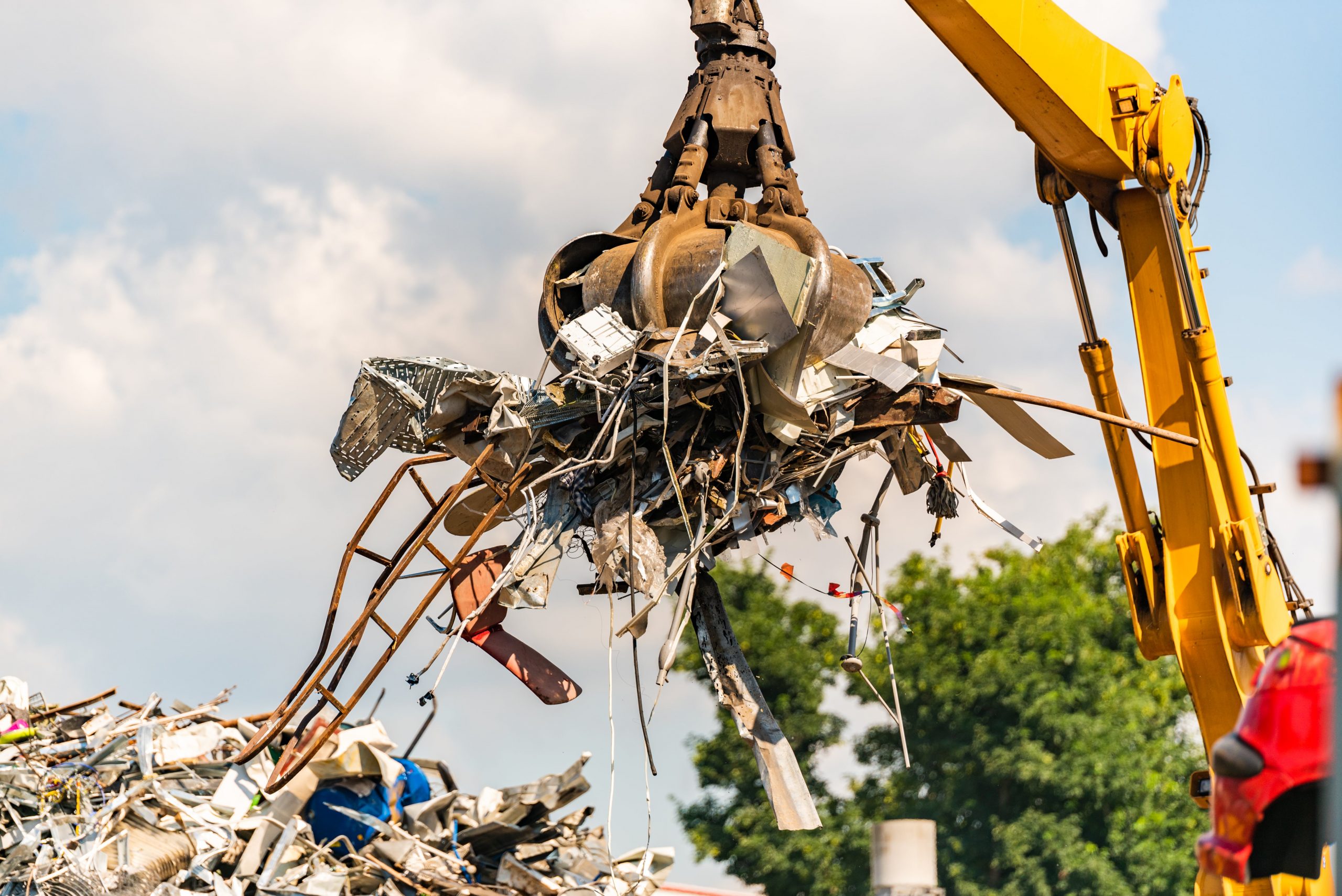Key Takeaways
- Scrap metal recycling is vital in conserving natural resources and reducing environmental impact.
- Knowing the diverse benefits of recycling can encourage more sustainable practices.
- Technological advances are shaping the effectiveness and efficiency of recycling processes.
Introduction to Scrap Metal Recycling
In an increasingly environmentally conscious world, metal recyclers are vital in promoting sustainability. Recycling scrap metal helps conserve resources and reduce pollution, minimizing the need for ecologically damaging raw material extraction. This practice has both environmental and socio-economic benefits that can positively influence communities.
Scrap metal recycling is a crucial movement towards a healthier planet, aided by innovative technologies and community involvement. Its rich history dates back to ancient times, and it now plays a key role in global environmental strategies by keeping metals out of landfills. Recycling metals conserves energy, typically requiring much less than mining and processing new materials.
Environmental Benefits of Recycling Scrap Metal
Recycling scrap metal drastically reduces environmental pollution. It reduces landfill waste, thereby decreasing the toxins and liquid emissions that can leak from landfills into surrounding soil and water. Furthermore, it decreases the demand for energy-intensive metal production processes. According to EPA research, recycling metal requires much less energy than creating new metal from raw sources, reducing carbon emissions. By cutting energy consumption, we contribute to the fight against climate change, making recycling a cornerstone of sustainable development.
Economic Advantages of the Recycling Industry
The economic implications of metal recycling are profound. It conserves important resources and promotes a strong labor market by creating work possibilities at various phases of the recycling process—these range from initial collection and sorting to processing and selling recycled materials. The recycling industry employs millions globally, contributing significantly to local economies and providing individuals with stable livelihoods. A report by the International Institute for Sustainable Development highlights the recycling industry as a vital component of sustainable economic policies. It illustrates how recycling supports financial stability and promotes a circular economy that uses resources more efficiently.
Technological Innovations in Scrap Metal Recycling
Recent technological advances have revolutionized the scrap metal recycling process. From automated sorting systems utilizing AI and robotics to improved shredding technologies, these innovations enhance efficiency and purity in recycled materials. High-tech separation technologies can now effectively isolate specific types of metal, increasing recovery rates and improving material quality. Smart recycling solutions, such as digitally enabled supply chains and blockchain for traceability, are projected to transform the industry further, making processes faster and more cost-effective.
Challenges Facing the Recycling Sector
Despite its benefits, the recycling sector faces numerous challenges. Issues such as contamination in recycling streams, volatile market conditions, and international shipping restrictions pose significant hurdles. These challenges often result in unprocessed recyclables being sent to landfills instead. Addressing these challenges requires strategic policy implementations, targeted investment in infrastructure, and innovative solutions from industry leaders and policymakers alike. Education and awareness can also play crucial roles in combating these issues by helping people understand how to recycle properly.
Opportunities for Growth and Improvement
Opportunities abound in the recycling sector, particularly in technology integration and public policy. As governments introduce more environmental regulations and incentives, the industry is poised for growth, with increased investments likely to emerge in more efficient processing technologies. Public education campaigns can also elevate consumer participation, fostering a culture of sustainability that enforces recycling as a norm rather than an exception. By promoting research and development, the sector can innovate further toward improving recycling rates and efficiency.
How Consumers Can Make a Difference
Every individual plays a role in the recycling ecosystem. Consumers can significantly boost the system’s effectiveness by being informed and actively participating in recycling efforts. Actionable steps include learning the recycling guidelines provided by local waste management authorities, properly cleaning and sorting recyclable materials, and supporting businesses and products that prioritize sustainable practices. Simple actions, such as properly segregating waste and supporting eco-friendly products, make a big difference, extending the life cycle of materials and reducing overall waste production.
The Road Ahead for Scrap Metal Recycling
Scrap metal recycling has a promising future, thanks to continued technical breakthroughs and worldwide awareness of environmental problems. Collaboration among industry stakeholders, governments, and communities will be critical in realizing recycling’s full potential. We can secure a sustainable and successful future by remaining educated and proactive. Initiatives that assist the teaching of young generations about sustainability may establish the framework for a culture that appreciates and actively engages in recycling, assuring long-term environmental health and industrial viability.

